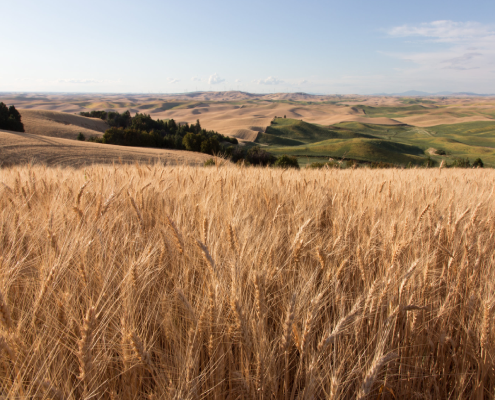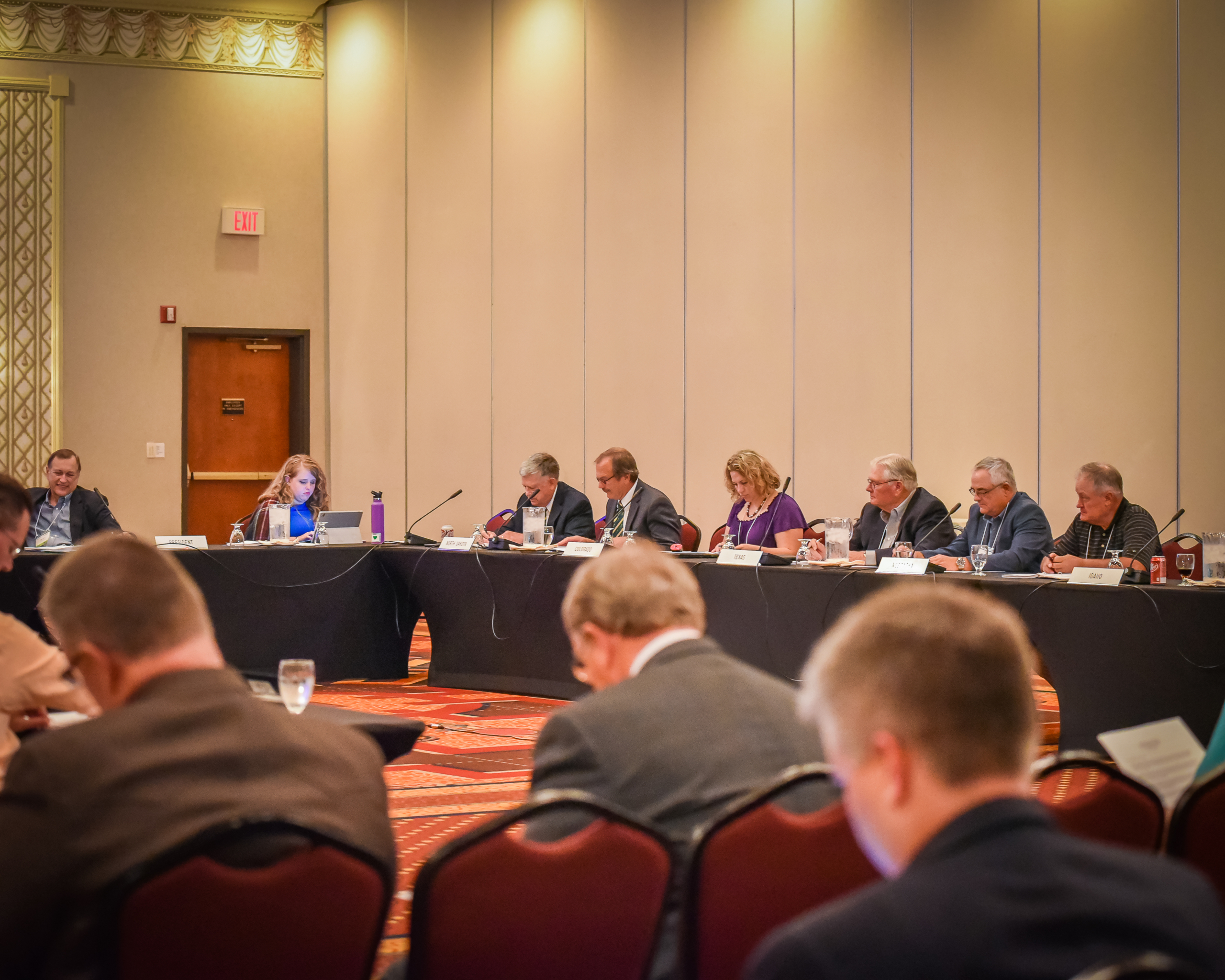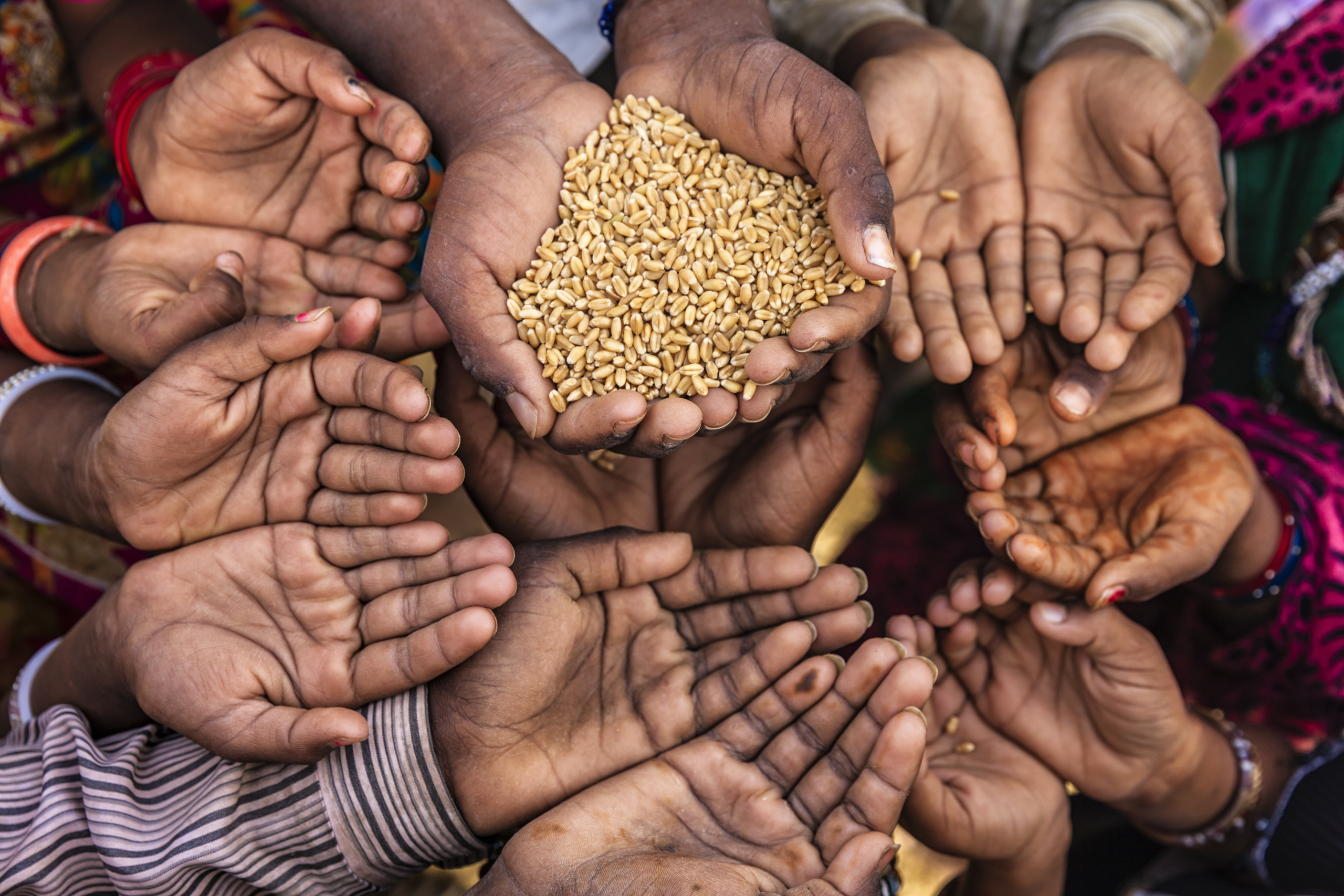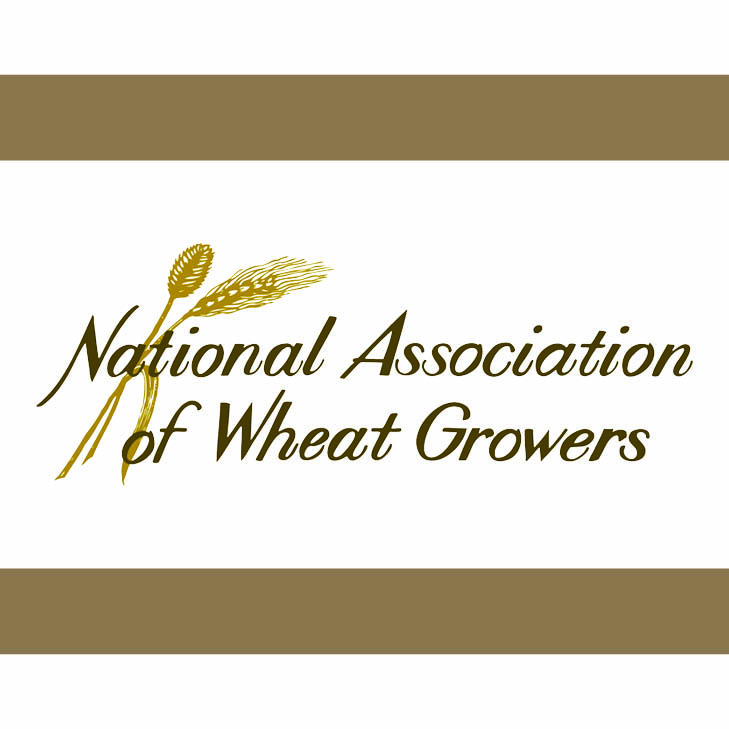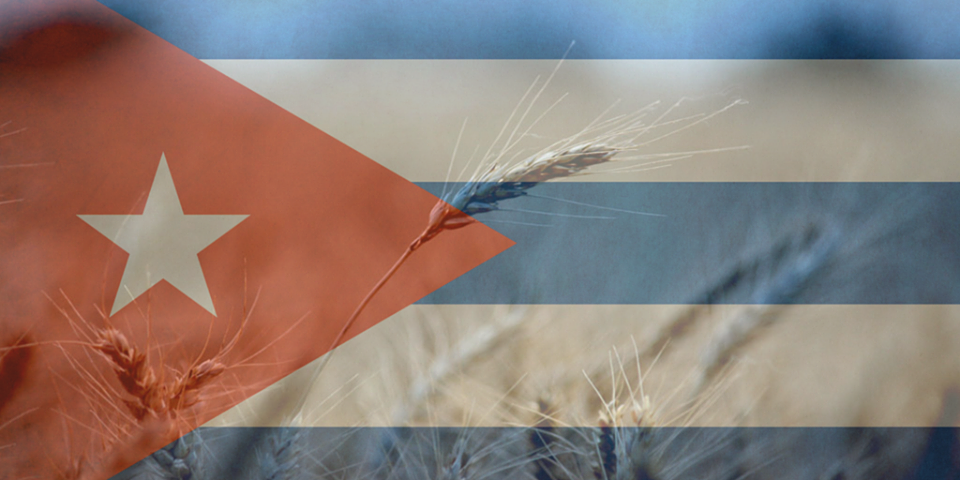The Pacific Northwest (PNW) grain chain and U.S. wheat importers are aware that the Columbia Snake River System (CSRS) will close for extended maintenance beginning Dec. 12, 2016, and ending March 20, 2017. This will allow the U.S. Army Corps of Engineers to make essential renovations to all the navigation locks on the Columbia River and the Snake River. No barge traffic will be able to pass during this time.
U.S. Wheat Associate (USW) welcomes this investment as a critical part of our country’s long-term position as the world’s most reliable supplier to our customers. USW and supply chain participants take any customer concerns about supply, cost impact and logistical options seriously and is working with customers to help them minimize any possible impact before, during, and after the river system closure.
Such extended closures are unusual but, as our overseas customers learned during the last extended closure in 2010/11, the entire PNW system is fully capable of ensuring an uninterrupted supply of wheat to export terminals.
USW believes the industry will consider every logistical option to keep wheat, especially soft white (SW) wheat, flowing to export elevators. Significant changes will help make this closure more manageable. For example, total export terminal storage capacity on the Columbia River has grown substantially since 2011. The addition of an entirely new terminal, plus the construction of new storage at several others, has increased storage capacity from 564,000 metric tons (MT) to 866,000 MT today. The PNW’s total up-country grain storage capacity has also grown to 17.3 million MT from 16.4 MMT.
Rail shipments made up 54 percent of SW sourced by rail during the outage in 2010/11. Rail shipping will likely make up most of the barge capacity shortfall during this closure as well. An estimated 80 percent of hard red winter and 90 percent of hard red spring exported from the PNW are already sourced by rail. For SW to move west, rail sourcing will have to increase as much as 25 percent (see chart below). Fortunately, railroads have been investing in capacity and there are now four shuttle train loading terminals in eastern Washington, compared to two that were operational in 2010/11. The system is even better prepared to meet demand in 2016/17.
Knowing the CSRS will be closed during the upgrade, exporters, grain originators, barge operators, railroads, and trucking lines are already planning to minimize interruptions and costs. Alternatives include:
- Pre-positioning the maximum number of barges to load SW before the closing (the Bonneville Lock and Dam should re-open after 8 weeks, which would open facilities up river to The Dalles, about 307 km east of Portland);
- Moving more rail cars and locomotives into the region to handle increased demand from rail-loading interior elevators;
- Coordinating truck and rail delivery from the Willamette Valley, south of Portland.
- Buyers can help themselves by preparing for the maintenance period. USW believes there will be sufficient volume of all U.S. wheat classes normally available from the PNW. Buyers can also help lower the risk of interruption and minimize potential costs by taking a longer view of their purchase needs.
USW is advising its customers to consider:
- Consulting with PNW exporters as early as possible to help give exporters more time to respond to your needs and to manage their logistical challenges.
- Scheduling a meeting soon with the local USW representative to identify buying strategies that fit specific needs and capabilities;
- Analyzing inventory needs and logistical capabilities;
- Increasing SW wheat and/or flour storage;
- Increasing SW purchase cadence in the harvest and immediate post-harvest period (July – November) before the closure;
- Deferring as an offset some hard red winter (HRW) and hard red spring (HRS) shipments from the immediate post-harvest period into the maintenance period.
As an objective voice for U.S. wheat producers, USW greatly values the trust customers have in its products and service and remains fixed on helping buyers, millers, and wheat food processors learn how to grow their enterprises using U.S. wheat. The organization believes that, working together, the industry and customers will see wheat trade continue to flow.
About the Columbia Snake River System. The CSRS is a vital transportation link for wheat producers in the states of Idaho, Montana, Oregon, and Washington. The economies of these four states rely heavily on the commerce that flows up and down this system. The CSRS is the #1 U.S. wheat export gateway. The deep draft channel supports 46 million tons of cargo each year, valued at $20 billion. The inland system supports more than 9 million tons of cargo.
For more information, visit the Pacific Northwest Waterways Association online at www.pnwa.net.



